
Calling all PhD candidates! You are invited to participate in the 2024 Video Challenge by creating a 2-minute video that tells the world about the significance of your research. The theme is “WHY IT MATTERS”. DEADLINE: 15.10.2024 noon GMT.
More
Registration is now closed for our online workshop entitled “How to make a good video” for interested entrants on 5 September 2024.
More
How should the research community engage with populist narratives that undermine social justice?
Robert Cowley (King’s College London) reflects the Buildings & Cities special issue Data Politics in the Built Environment and considers a contemporary form of resistance to datafication: the (right-wing) populist, and often conspiratorial, rejection of digital technologies as instruments of oppression. Populism has a potential to distort public discourse and undermine the hopes for progressive alternative approaches. How might built environment academics shape more informed and balanced debates? Social justice will be better served if critical perspectives are supplemented by work that counters the misplaced fears about emerging digital urban technologies.
More
Challenges ahead: addressing the complex issues of building performance, public safety, climate change and socio-ecological value
Several systemic failures have occurred across multiple aspects of the built environment in many parts of the world. Brian Meacham (Crux Consulting) explores what can be done to improve this situation. A need to reframe buildings and the built environment as a socio-ecological-technical system means applying systemic thinking and integration across disciplinary boundaries in research, design, construction and regulation.
More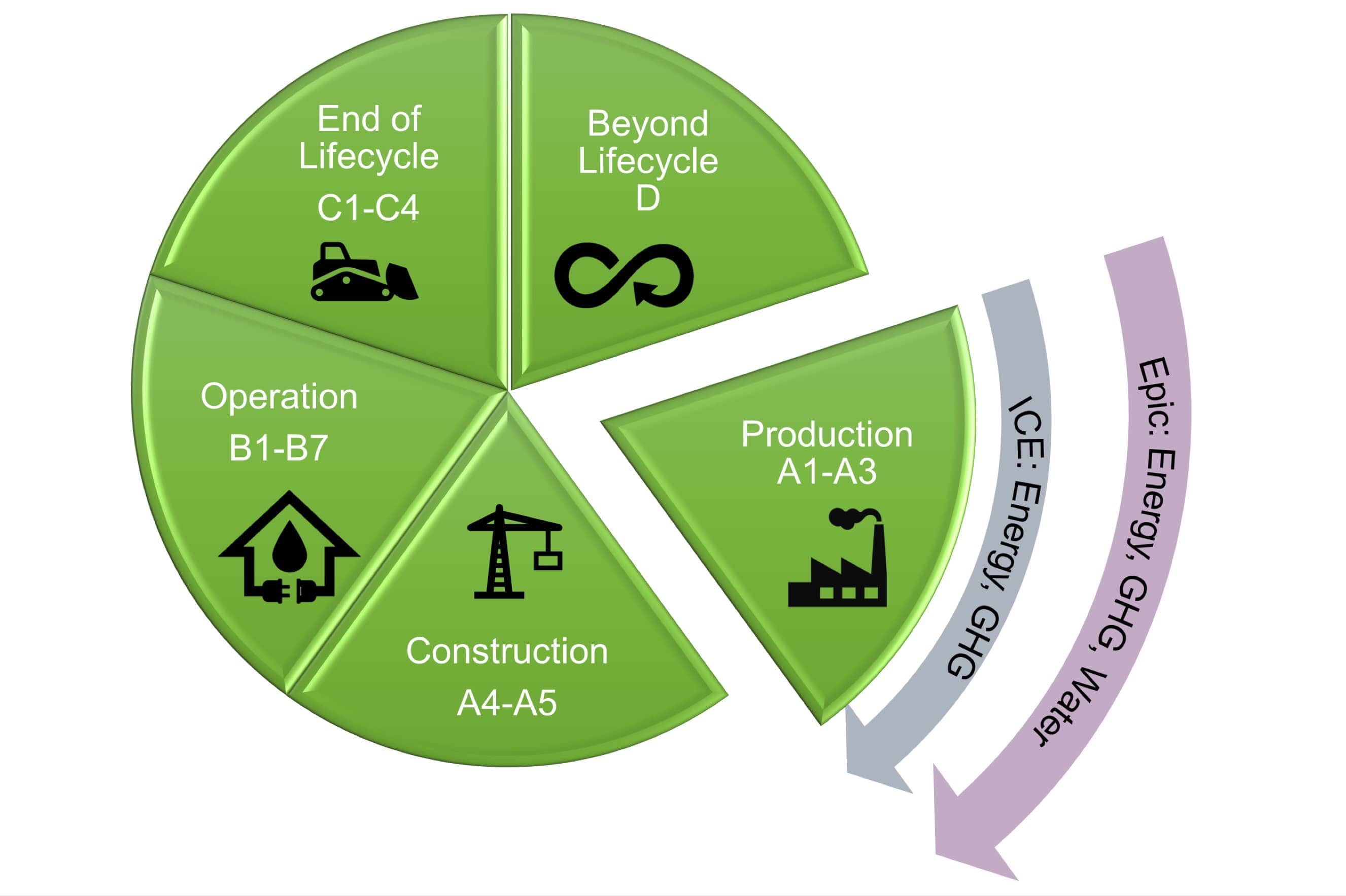
By Amalka Nawarathna, Ghada Karaki, Francisco Sierra, Alireza Moghayedi & Alice Moncaster (all at University of the West of England)
This short comparative review of two construction material databases explains their potential use for assessing embodied carbon to designers and practitioners not yet expert in the field. It introduces and examines the Australian Environmental Performance in Construction (EPiC) database (updated in 2024) and the UK Inventory of Carbon and Energy (ICE) which was significantly updated in 2019.
More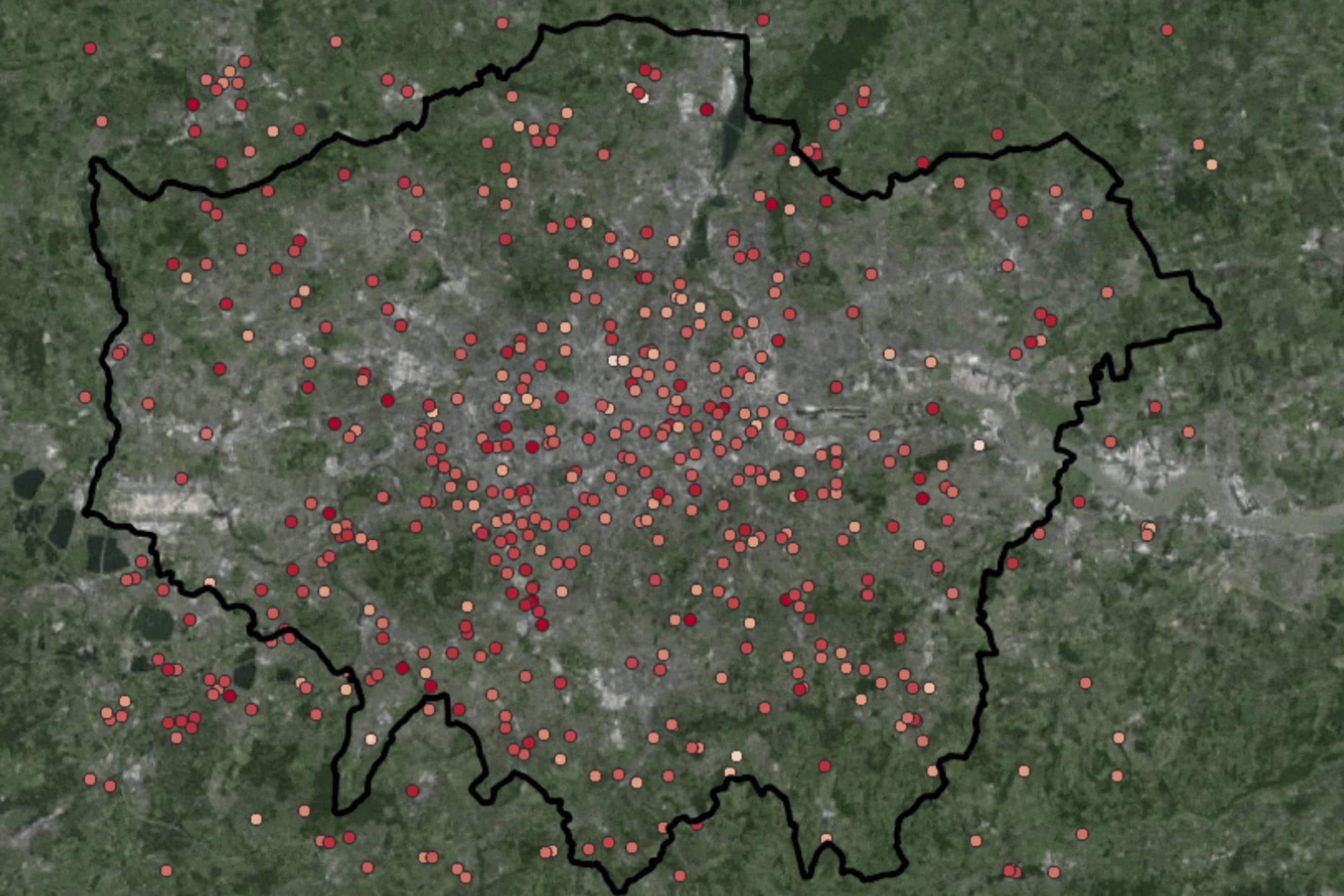
Looking forward: citizen science is changing the research landscape
Environmental data measured by the general public on their immediate local surroundings are providing new sources of fine-grained data in cities. Jonathon Taylor, Anna-Kaisa Viitanen & Alonso Espinosa (Tampere University) explain how this recent phenomenon can lead to a richer understanding of urban form, microclimates and environmental exposures.
More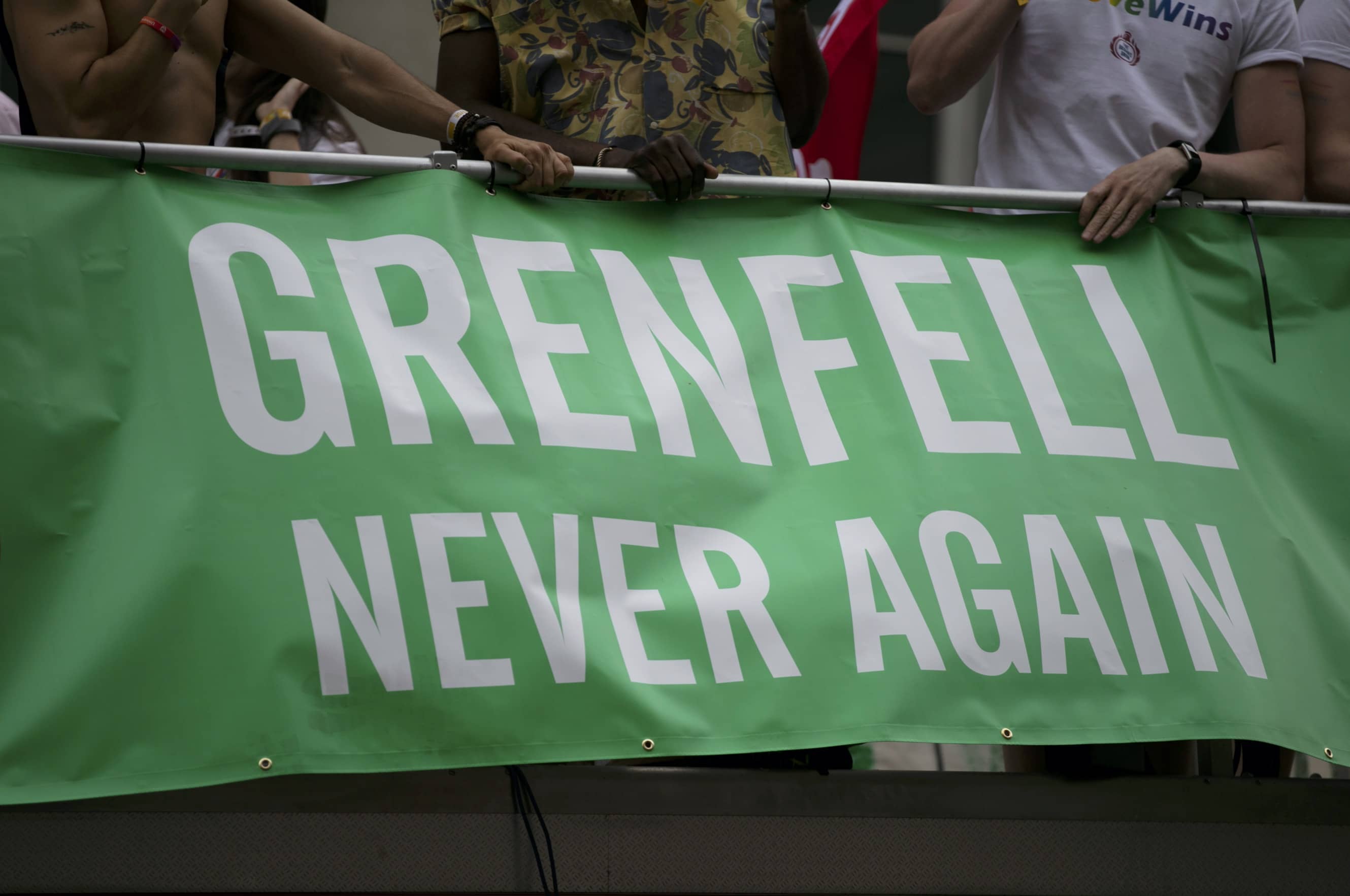
Challenges ahead: understanding and protecting the end-users of the built environment
The recent flammable cladding crisis has highlighted that inhabitants are not receiving the attention they deserve for better outcomes. Trivess Moore and David Oswald (both at RMIT University) explain why the research community needs to create a research agenda that focuses on the end-users of the built environment: their health, wellbeing, social value and lifestyle needs as well as the avoidance of risks, defects, natural hazards and stranded assets. This will give researchers greater influence on policy, practice and outcomes.
More
Challenges ahead: why research must focus on potential problematic consequences and provide proactive built-in fail-safes
Everything has consequences. Indeed, a fundamental goal of much construction management (CM) research is precisely to create consequences and bring about positive change. However, exactly how such consequences will manifest is not always predictable, which also makes them highly challenging. Fred Sherratt (University of Colorado, Boulder) explains why CM research needs to shift its focus from questions of 'if we can' to 'if we should' in order to embrace consequential consideration.
More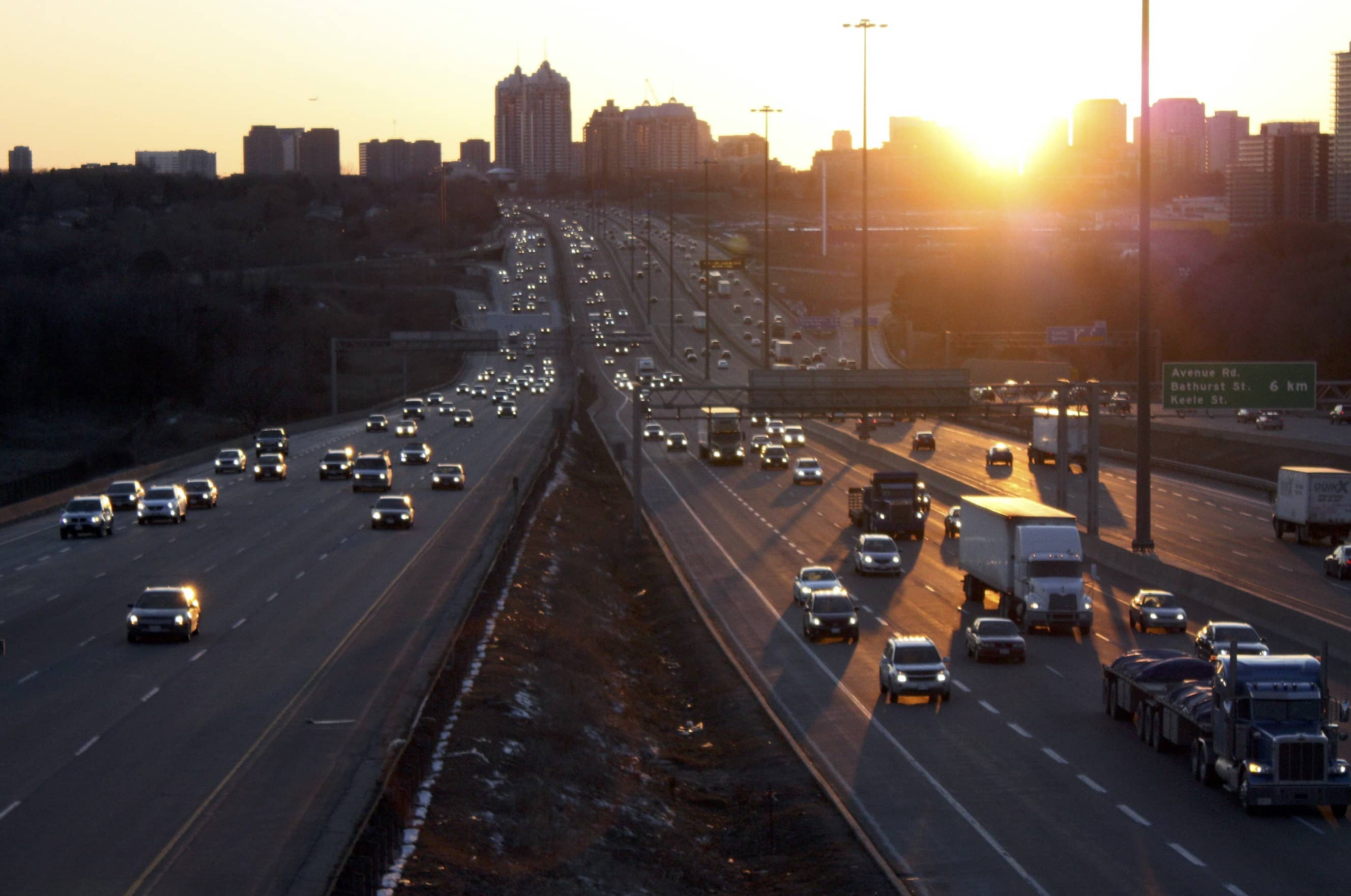
Challenges ahead: sustainable design is much more than addressing climate change
Humanity is changing the Earth’s climate quickly and substantially. Huge impacts are now evident on the weather, oceans, ecosystems and certainly on buildings and cities. So much remains to be done around the world to reshape our infrastructure for the ongoing and coming impacts from human-caused climate change. Ilan Kelman (University College London) explains why the challenge is doing so without losing sight of other minor and major dangers.
More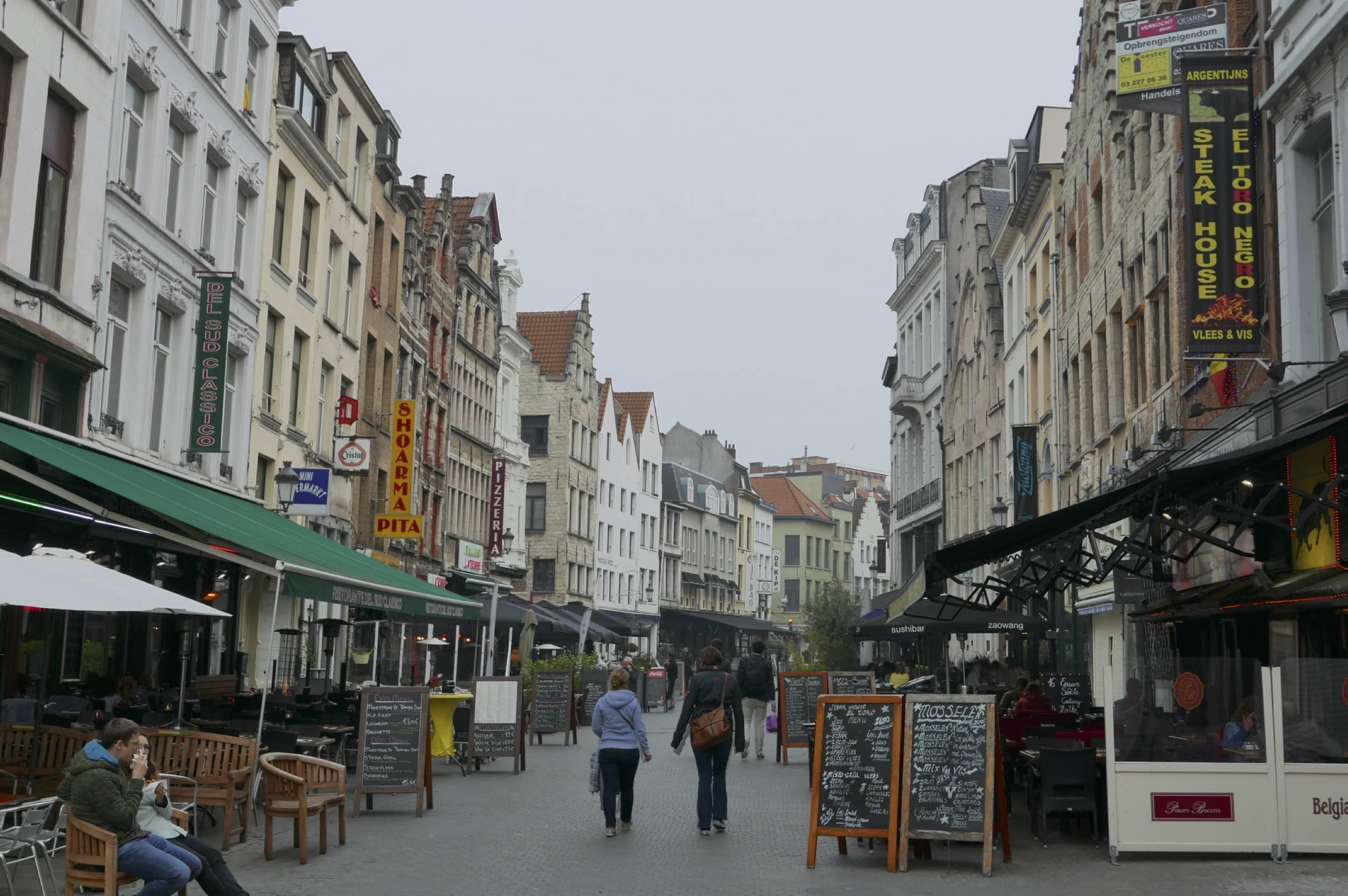
Challenges ahead: framing urban research as a commons activity and as a research agenda
The focus of urban research has shifted in recent years.While the traditional focus was on aspects of urban provision (e.g. mass transit, housing, other infrastructure), the recent emphasis has shifted to the ‘end goals’ of urbanisation – e.g. sustainability, resilience, well-being, etc. In all these, a constant underlying theme has been the emphasis on creating and managing places. Rohinton Emmanuel (Glasgow Caledonian University) explains why future research needs to focus on the urban commons.
More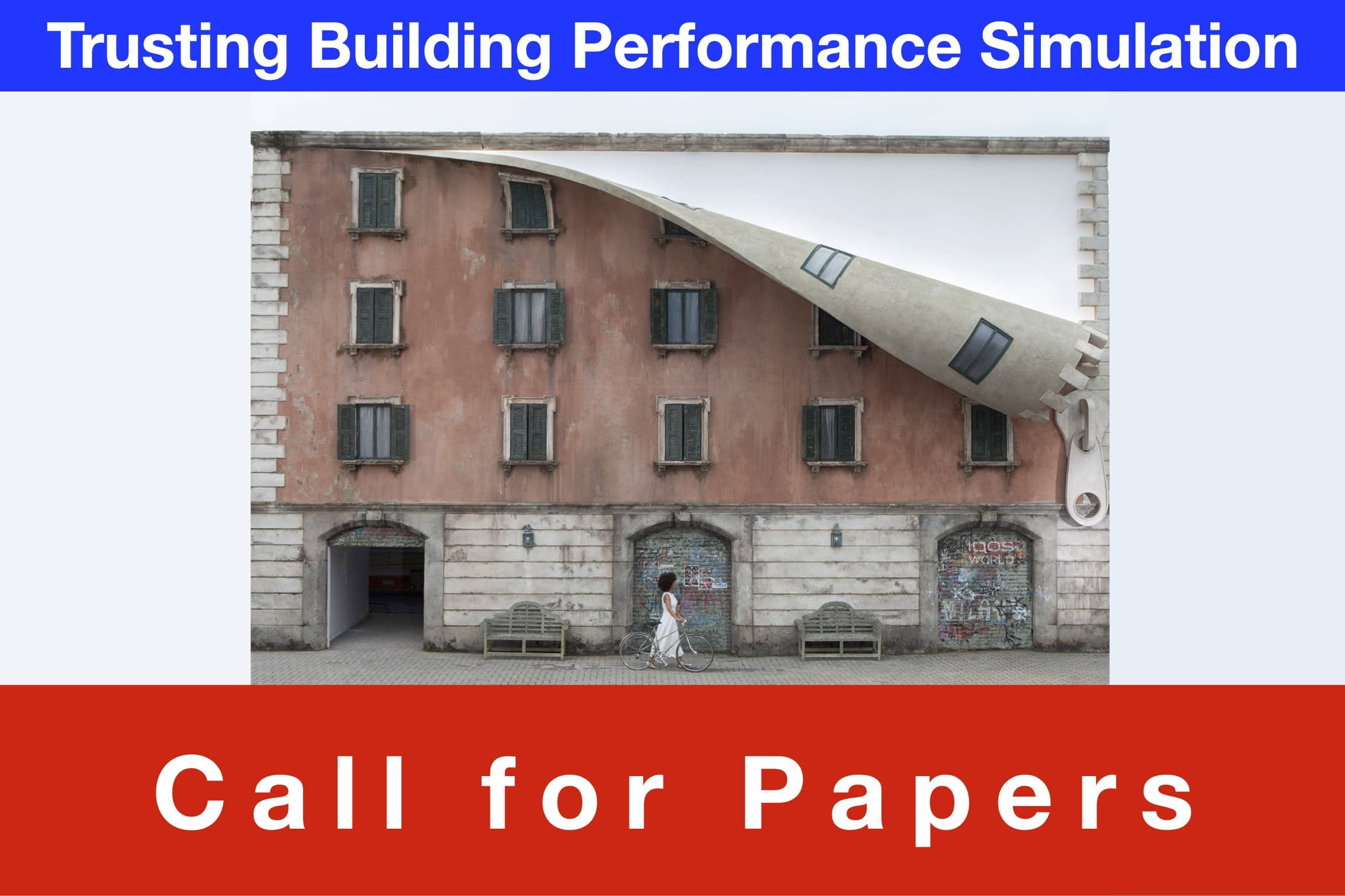
Guest editor: Michael Donn (Te Herenga Waka—Victoria University of Wellington)
Deadline for abstracts: 11 November 2024 (noon GMT)
As codes and regulations become stricter, is simulation the right tool for compliance as well as sketching performance to assist design? Can building simulation address the competing demands and tensions that regulators, clients and designers place on it? If not, what alternatives could be appropriate?
This special issue seeks research reporting on quality assurance measures, case studies, user studies that address the development of trust in the performance calculations of designers. Papers are sought that describe the challenges, innovative methodologies, or strategies to enhance reliability and effectiveness. Overall, the papers should show evidence of improvement in guiding sustainable building practices. The “performance gap” typically references energy performance. However, this special issue is open to all design assessment parameters: Indoor Air Flows, Daylight, Energy, Overheating and Acoustics.
More
Challenges ahead: how the conduct of research needs to change
How might the conduct of research need to change in the future? What are the lessons for built environment research from the Covid pandemic? Raymond J Cole (University of British Columbia) considers whether and why knowledge production outside the purview of disciplinary-based research is increasing needed. Addressing rapid change and the complex multi-faceted consequences of a warming climate will challenge existing research methodologies and is likely to require increased interdisciplinarity. New ways of working will also require overcoming organisational barriers and a deeper understanding of the needs of decisionmakers.
More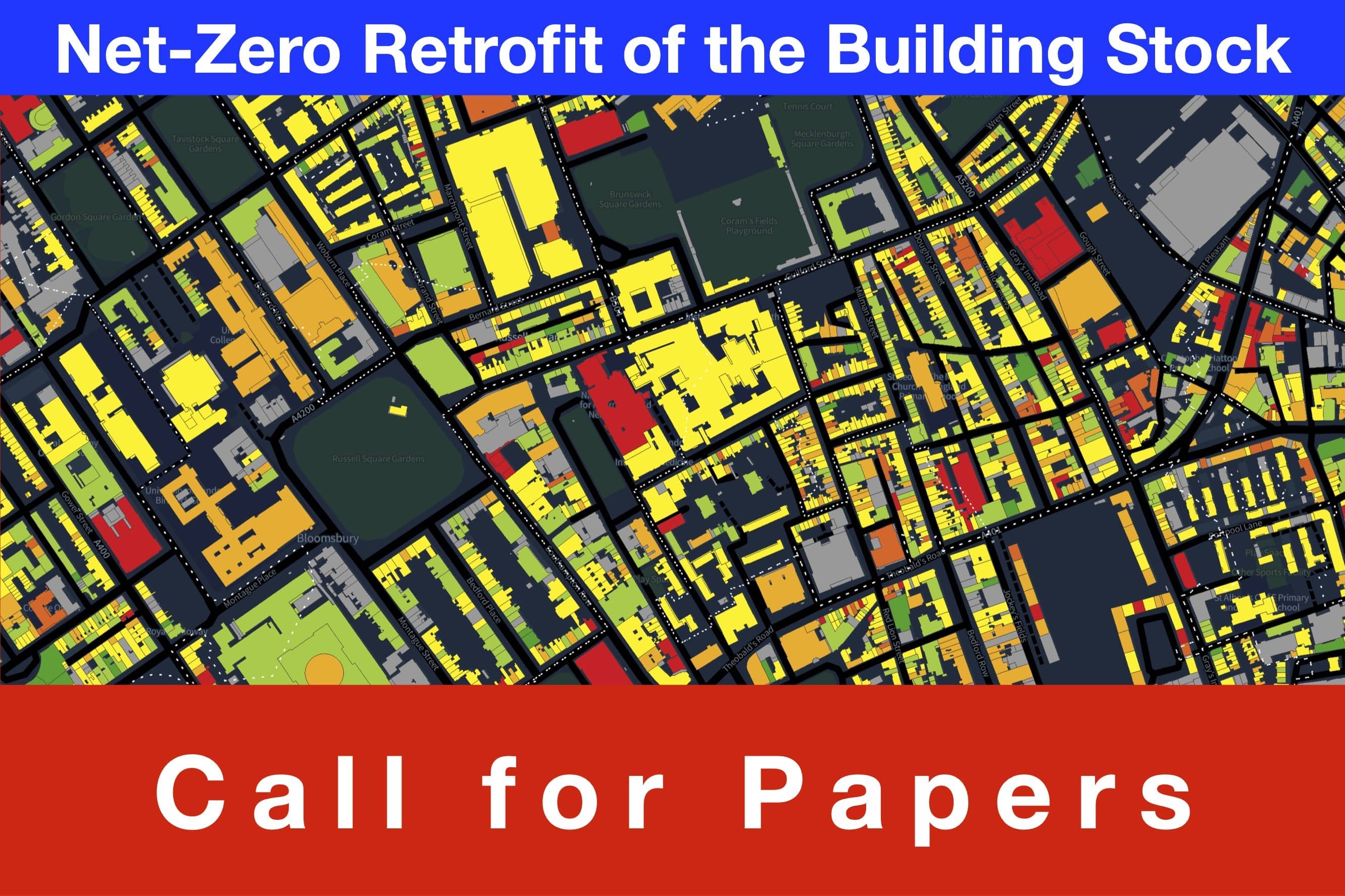
Guest editors: Daniel Godoy-Shimizu and Philip Steadman (University College London)
Deadline for abstracts: 28 October 2024 (noon GMT)
How might the building stock transition towards Net Zero? How big a change is achievable? At what cost? And what are the theoretical and practical factors that determine both the overall potential as well as the transition process?
Although these questions might lend themselves to a large-scale, aggregate perspective (considering issues like total capital cost, long-term targets for the deployment of low-zero carbon technologies, national and local energy efficiency policies, etc); any changes will be enacted on individual buildings. This special issue will explore these topics, from both a top-down (national, urban or local stock level) standpoint, but also a bottom-up (building level) point of view. Abstracts (in the first instance) are invited that explore these issues whether from a qualitative perspective (e.g. the potential impact of different retrofit policies as well and any barriers to successful uptake) or a quantitative perspective (e.g. the impact of different approaches to deploying retrofit measures at scale).
More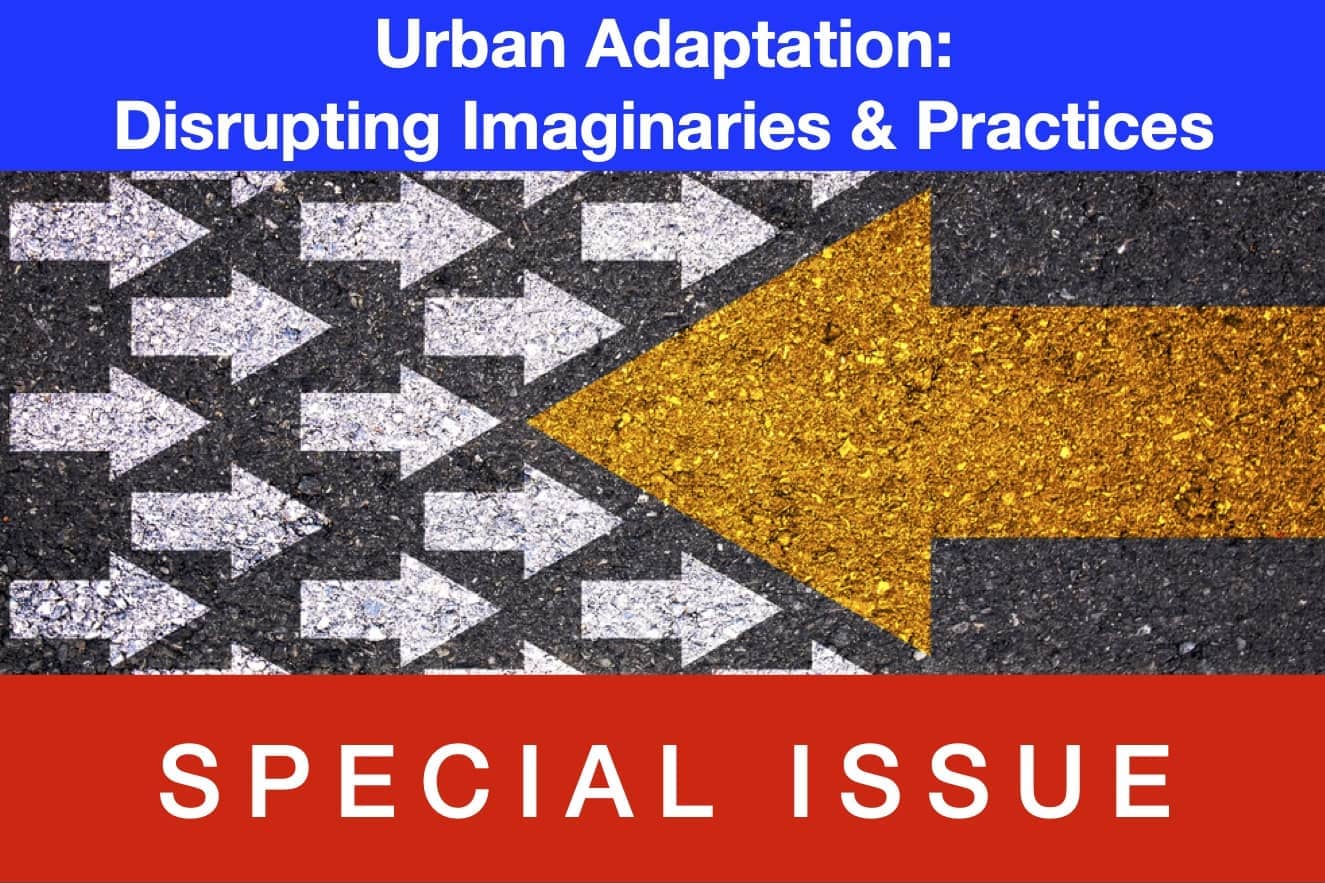
How can we create a more pluralistic, inclusive approach to urban climate adaptation? How can ill-suited approaches be disrupted?
Current imaginaries (ways to understand and envisage how adaptation should take place) and practices need to be revised to provide social justice and reflect local needs. This special issue focuses on how inappropriate / inadequate urban adaptation imaginaries and practices can be identified and disrupted to provide more inclusive, socially just approaches to urban adaptation. Actions for urban climate adaptation (in physical, social, political, legal dimensions) are needed to break with the status quo, reduce systemic vulnerabilities and increase coping capacities (resilience) to face climate change impacts at scale.
MoreEndorsements
Latest Peer-Reviewed Journal Content
Measuring health inequities due to housing characteristics
K Govertsen & M Kane
Provide or prevent? Exploring sufficiency imaginaries within Danish systems of provision
L K Aagaard & T H Christensen
Imagining sufficiency through collective changes as satisfiers
O Moynat & M Sahakian
US urban land-use reform: a strategy for energy sufficiency
Z M Subin, J Lombardi, R Muralidharan, J Korn, J Malik, T Pullen, M Wei & T Hong
Mapping supply chains for energy retrofit
F Wade & Y Han
Operationalising building-related energy sufficiency measures in SMEs
I Fouiteh, J D Cabrera Santelices, A Susini & M K Patel
Promoting neighbourhood sharing: infrastructures of convenience and community
A Huber, H Heinrichs & M Jaeger-Erben
New insights into thermal comfort sufficiency in dwellings
G van Moeseke, D de Grave, A Anciaux, J Sobczak & G Wallenborn
‘Rightsize’: a housing design game for spatial and energy sufficiency
P Graham, P Nourian, E Warwick & M Gath-Morad
Implementing housing policies for a sufficient lifestyle
M Bagheri, L Roth, L Siebke, C Rohde & H-J Linke
The jobs of climate adaptation
T Denham, L Rickards & O Ajulo
Structural barriers to sufficiency: the contribution of research on elites
M Koch, K Emilsson, J Lee & H Johansson
Life-cycle GHG emissions of standard houses in Thailand
B Viriyaroj, M Kuittinen & S H Gheewala
IAQ and environmental health literacy: lived experiences of vulnerable people
C Smith, A Drinkwater, M Modlich, D van der Horst & R Doherty
Living smaller: acceptance, effects and structural factors in the EU
M Lehner, J L Richter, H Kreinin, P Mamut, E Vadovics, J Henman, O Mont & D Fuchs
Disrupting the imaginaries of urban action to deliver just adaptation [editorial]
V Castán-Broto, M Olazabal & G Ziervogel
Building energy use in COVID-19 lockdowns: did much change?
F Hollick, D Humphrey, T Oreszczyn, C Elwell & G Huebner
Disrupt and unlock? The role of actors in urban adaptation path-breaking
J Teebken
Evaluating past and future building operational emissions: improved method
S Huuhka, M Moisio & M Arnould
Assessing retrofit policies for fuel-poor homes in London
M C Georgiadou, D Greenwood, R Schiano-Phan & F Russo
Evaluating mitigation strategies for building stocks against absolute climate targets
L Hvid Horup, P K Ohms, M Hauschild, S R B Gummidi, A Q Secher, C Thuesen & M Ryberg
Equity and justice in urban coastal adaptation planning: new evaluation framework
T Okamoto & A Doyon
Normative future visioning: a critical pedagogy for transformative adaptation
T Comelli, M Pelling, M Hope, J Ensor, M E Filippi, E Y Menteşe & J McCloskey
Nature for resilience reconfigured: global- to-local translation of frames in Africa
K Rochell, H Bulkeley & H Runhaar
How hegemonic discourses of sustainability influence urban climate action
V Castán Broto, L Westman & P Huang
Fabric first: is it still the right approach?
N Eyre, T Fawcett, M Topouzi, G Killip, T Oreszczyn, K Jenkinson & J Rosenow
Gender and the heat pump transition
J Crawley, F Wade & M de Wilde
Social value of the built environment [editorial]
F Samuel & K Watson
Understanding demolition [editorial]
S Huuhka
Data politics in the built environment [editorial]
A Karvonen & T Hargreaves

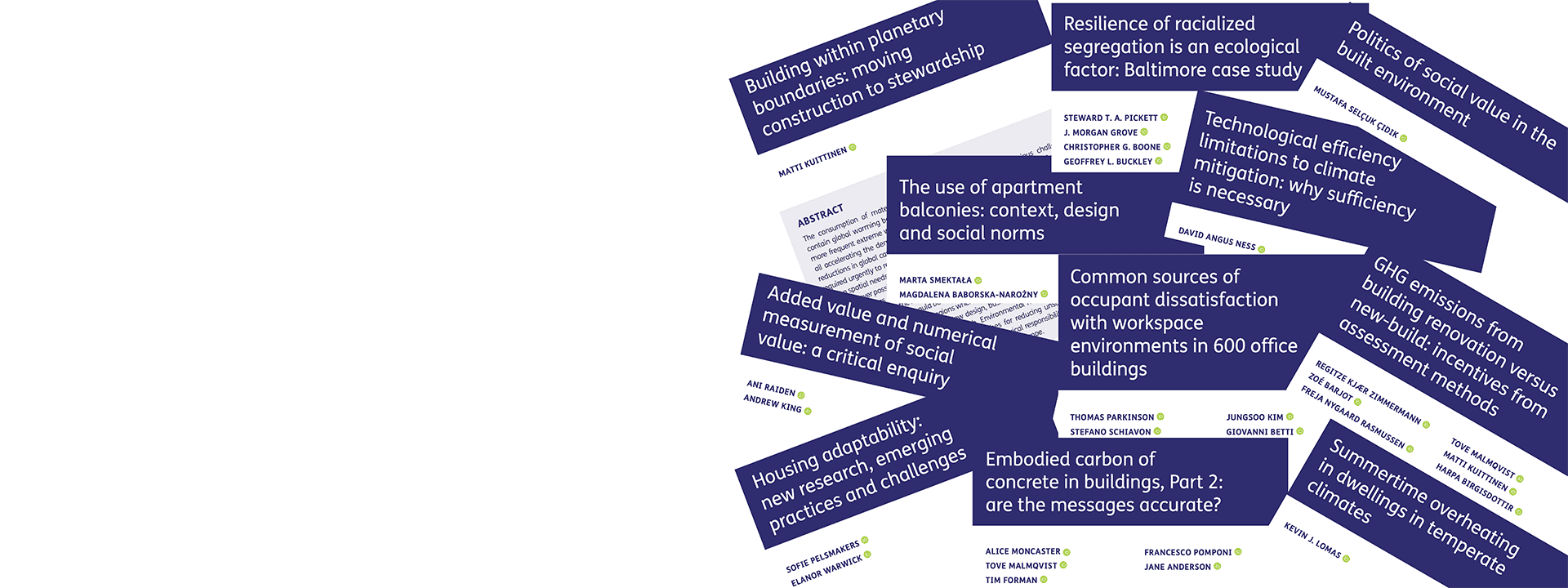


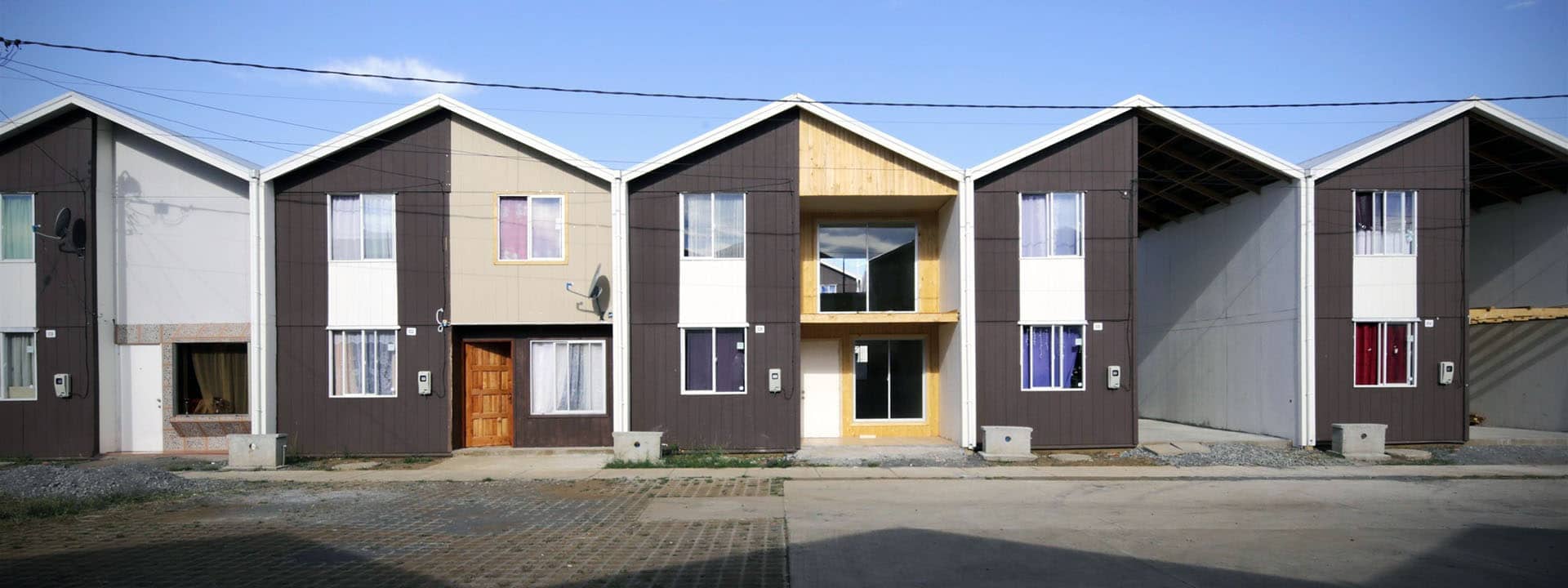
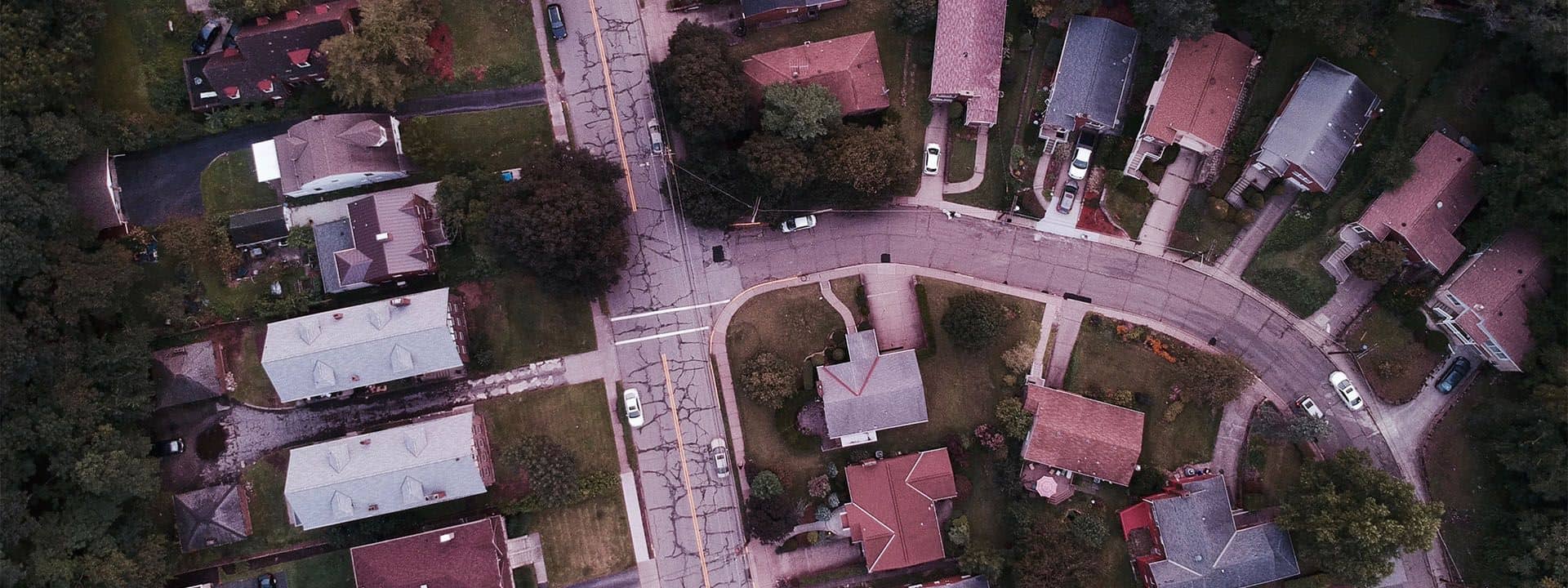






Latest Commentaries
Populist Dissent and Digital Urbanism
Robert Cowley (King’s College London) reflects the Buildings & Cities special issue Data Politics in the Built Environment and considers a contemporary form of resistance to datafication: the (right-wing) populist, and often conspiratorial, rejection of digital technologies as instruments of oppression. Populism has a potential to distort public discourse and undermine the hopes for progressive alternative approaches. How might built environment academics shape more informed and balanced debates? Social justice will be better served if critical perspectives are supplemented by work that counters the misplaced fears about emerging digital urban technologies.
Why Convergence Research is Needed
Several systemic failures have occurred across multiple aspects of the built environment in many parts of the world. Brian Meacham (Crux Consulting) explores what can be done to improve this situation. A need to reframe buildings and the built environment as a socio-ecological-technical system means applying systemic thinking and integration across disciplinary boundaries in research, design, construction and regulation.